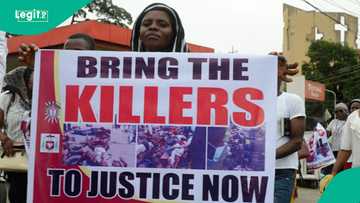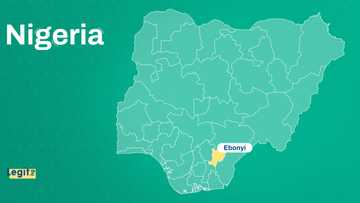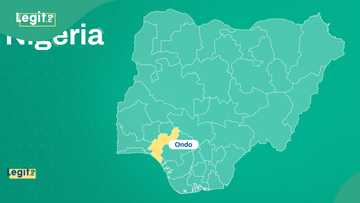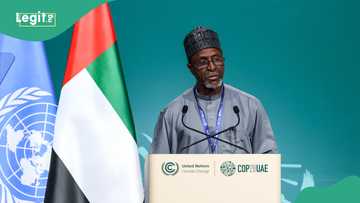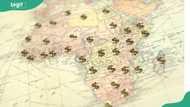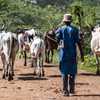
Fulani Herdsmen
Escalating Violence and Religious Tensions
In 2025, Nigeria continues to grapple with severe herder-farmer conflicts, primarily involving Fulani herdsmen and predominantly Christian farming communities. Recent attacks have been particularly devastating in the Middle Belt and northeastern regions.
For instance, in May 2025, Fulani herdsmen killed 42 Christians in Taraba State, destroying homes and forcing hundreds to flee. Similarly, in April, over 60 Christians were killed in coordinated attacks across seven villages in Plateau State, which the governor described as "genocide".
These incidents highlight the deepening religious and ethnic divisions fueling the violence.
Underlying Causes: Climate Change and Land Disputes
The conflict is exacerbated by environmental factors such as desertification and droughts, which push Fulani herdsmen southward in search of grazing land.
This migration often leads to disputes with farmers over land use, as traditional grazing routes are encroached upon by agricultural expansion.
Additionally, the proliferation of small arms and the breakdown of traditional conflict resolution mechanisms have intensified these clashes.
Government Response and Proposed Solutions
The Nigerian government has implemented policies like the Ruga initiative, aiming to establish designated areas for herders to settle and reduce conflicts.
However, these efforts have faced criticism and resistance, particularly from southern states, due to concerns over land rights and the potential for increased Fulani influence.
Despite military deployments and peacebuilding initiatives, violence persists, underscoring the need for comprehensive and inclusive solutions to address the root causes of the conflict.




